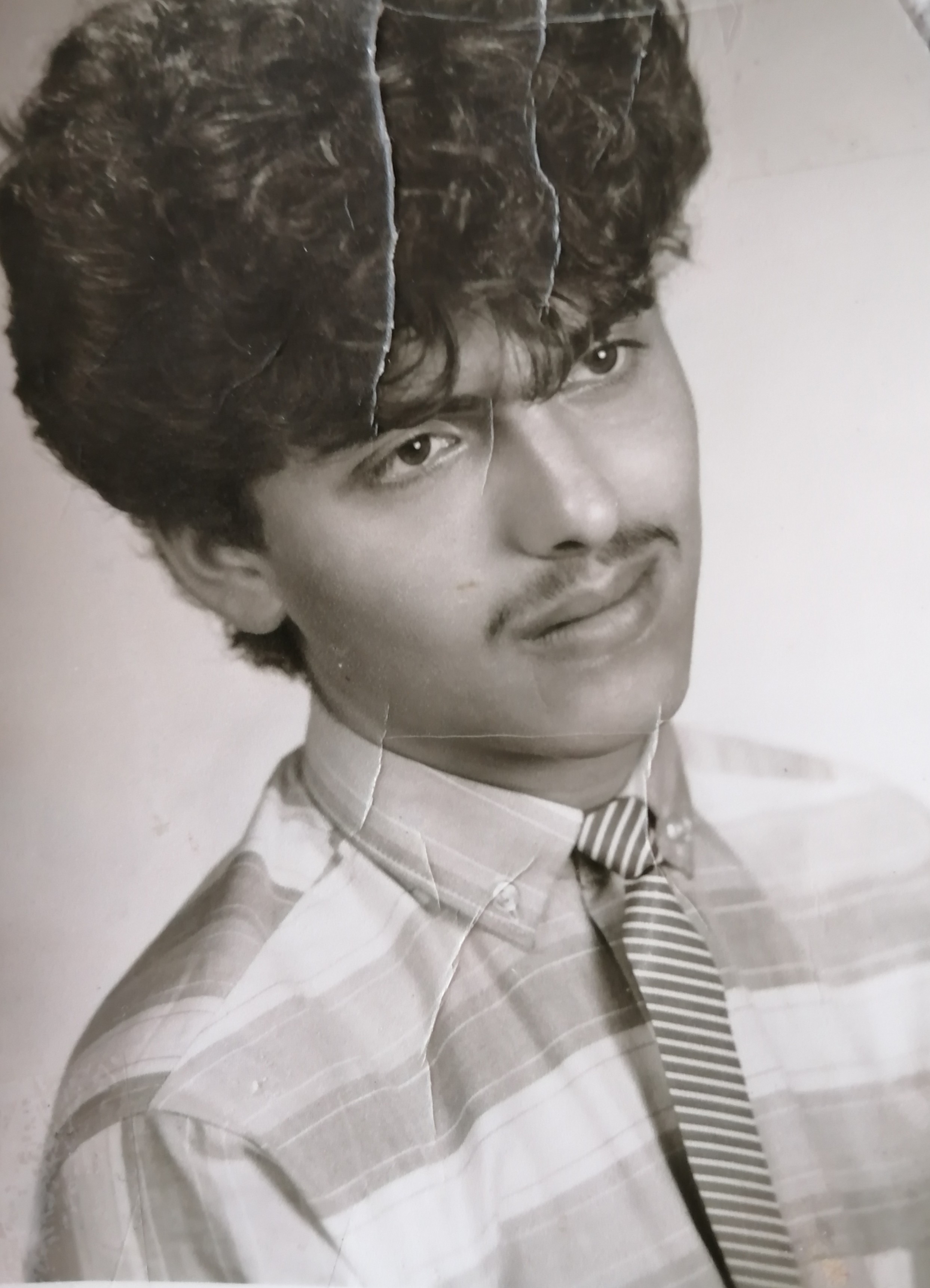He entered the Secondary technical school of constructions as the first Roma

Download image
Eduard Čonka was born in Levoča in 1966 as the youngest of five children. His mother is Gizela and his father is Aladár. He has been raised by his eldest sister since about six years of age. He graduated from primary school in Levoča. From 1981 to 1985 he studied at the Secondary technical school of constructions in Poprad. After graduation in May 1985, he started working in a state-owned company in Levoča. In October of that year, he entered compulsory military service in the barracks in the town of Slaný. In 1987, he returned to work for a state-owned company. He married in June 1988. He and his wife first lived in Poprad. They had a daughter, later a son. They moved to Olomouc and Eduard started working in associated production for a local meat processing plant. After 1990, he began working as an activist in the field of Roma civil society and social counselling. He has worked in several non-profit organizations, the Dutch organization Matre, the Open Society Foundation, Empelle and others. In 2003 he started an external study in the field of social work. In 2016, he ran in the parliamentary elections for the OĽaNO party (ORDINARY PEOPLE and independent personalities, translator’s note). At that time, he worked as a project manager for the Roma communities in Levoča. Since 2021, he has been the director of the Department of Regional Coordination at the Office of the Plenipotentiary of the Government of the Slovak Republic for Roma Communities.






